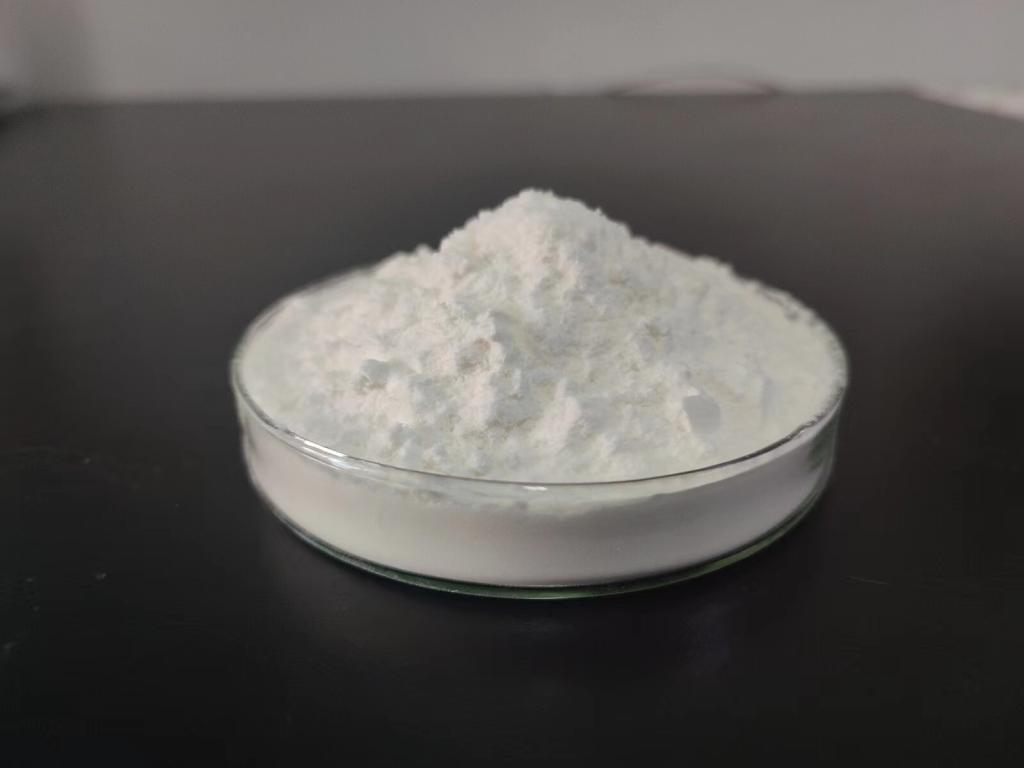Tel:+8618231198596

News
 CONTACT
CONTACT
 CONTACT
CONTACT
- Linkman:Linda Yao
- Tel: +8618231198596
- Email:linda.yao@dcpharma.cn
- Linkman:CHARLES.WANG
- Department:Overseas
- Tel: 0086 0311-85537378 0086 0311-85539701
News
Are there any studies on the potential mutagenicity or genotoxicity of ε-Polylysine hydrochloride?
TIME:2023-06-09
Overview of ε-Polylysine Hydrochloride:
ε-Polylysine hydrochloride is a cationic peptide derived from bacterial fermentation. It is widely recognized as a safe and effective antimicrobial agent, approved for use as a food additive in several countries. ε-Polylysine hydrochloride is primarily used for its ability to inhibit the growth of various microorganisms, including bacteria, yeasts, and molds, in food products.
Mutagenicity Testing:
Mutagenicity testing is conducted to assess the potential of a substance to induce genetic mutations in cells. Several studies have investigated the mutagenic effects of ε-Polylysine hydrochloride using well-established test systems, such as the Ames test, which evaluates the mutagenicity of substances in bacterial cells. The results of these studies consistently indicate that ε-Polylysine hydrochloride does not exhibit mutagenic properties.
Genotoxicity Evaluation:
Genotoxicity testing aims to assess the potential of a substance to cause damage to genetic material, including DNA. Various in vitro and in vivo genotoxicity tests have been conducted to evaluate the effects of ε-Polylysine hydrochloride. These studies include the micronucleus assay, comet assay, chromosomal aberration test, and other relevant tests. The majority of these studies demonstrate that ε-Polylysine hydrochloride does not induce genotoxic effects or DNA damage.
Absence of Reactive Metabolites:
Metabolic activation of a substance can sometimes lead to the formation of reactive metabolites that can induce genotoxicity. However, studies have shown that ε-Polylysine hydrochloride does not undergo significant metabolic activation, indicating a low likelihood of the formation of reactive metabolites that could cause genotoxic effects.
Safety Assessment and Regulatory Approval:
The safety of food additives, including ε-Polylysine hydrochloride, is rigorously evaluated by regulatory bodies worldwide. These assessments consider all available data on the substance, including mutagenicity and genotoxicity studies. ε-Polylysine hydrochloride has undergone extensive safety evaluations, and it is approved for use as a food additive in several countries, further supporting its safety profile.
Potential Mechanisms for Lack of Mutagenicity/Genotoxicity:
The lack of mutagenicity or genotoxicity observed in studies on ε-Polylysine hydrochloride may be attributed to its specific properties. ε-Polylysine hydrochloride is a polycationic peptide that interacts primarily with microbial cells, targeting their membranes and cellular functions. The absence of specific interactions with genetic material in mammalian cells may contribute to its lack of genotoxic effects.
Future Considerations:
While current studies indicate the absence of mutagenicity or genotoxicity associated with ε-Polylysine hydrochloride, continued research and monitoring are necessary. Future studies could focus on long-term and chronic exposure assessments, as well as more specific mechanistic investigations to further solidify its safety profile.
Conclusion:
Based on the available studies, ε-Polylysine hydrochloride does not exhibit mutagenic or genotoxic properties. Extensive safety evaluations and regulatory approvals support its use as a food additive. However, ongoing research and monitoring are important to ensure the continued safety of ε-Polylysine hydrochloride and address any emerging concerns. With its proven antimicrobial efficacy and favorable safety profile, ε-Polylysine hydrochloride offers a valuable tool for enhancing food safety in various food products.
- Tel:+8618231198596
- Whatsapp:18231198596
- Chat With Skype







